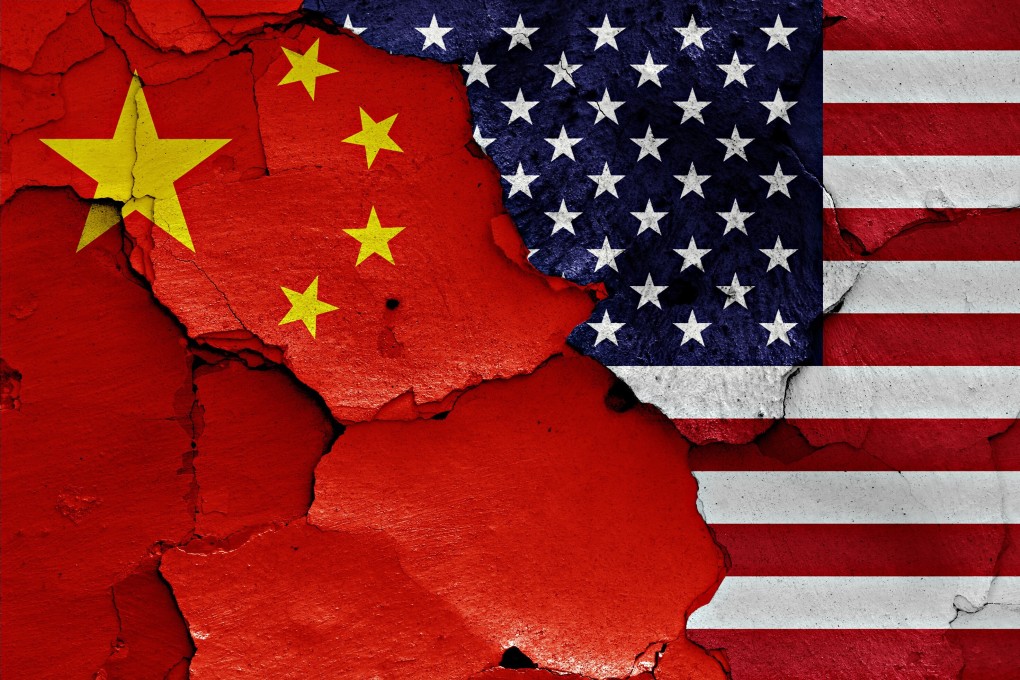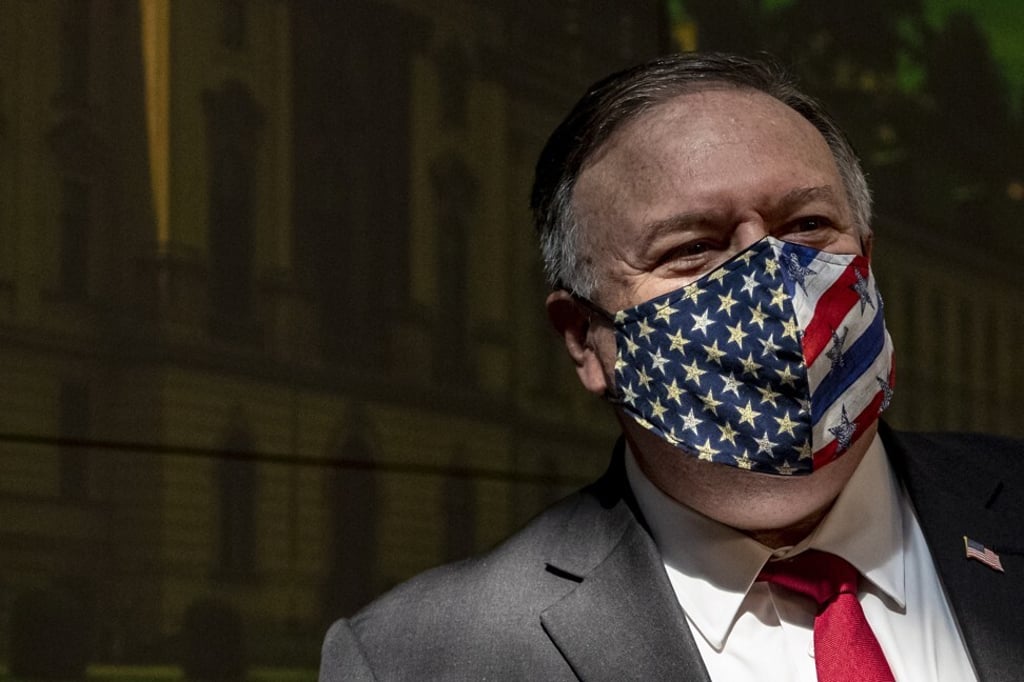Advertisement
My Take | US ‘hawks’ target anything that sounds Chinese
- Ideologues such as Mike Pompeo know they have only a small window of opportunity to impose their views on foreign policy until the November election
Reading Time:3 minutes
Why you can trust SCMP

Drawing historical comparisons can be helpful and enlightening. It can also mislead. Whatever you think about China today, it’s important to understand the country as it is, not as something else to fit your preconceptions.
Comparing it to the former Soviet Union and claiming it’s even more threatening definitely verges on the outlandish and the untenable.
But that’s according to US Secretary of State Mike Pompeo.
Advertisement

“What’s happening now isn’t Cold War 2.0. The challenge of resisting the CCP [Chinese Communist Party] threat is in some ways worse,” he told the Czech senate.
Advertisement
“The CCP is already enmeshed in our economies, in our politics, in our societies in ways the Soviet Union never was.”
Advertisement
Select Voice
Select Speed
1.00x
